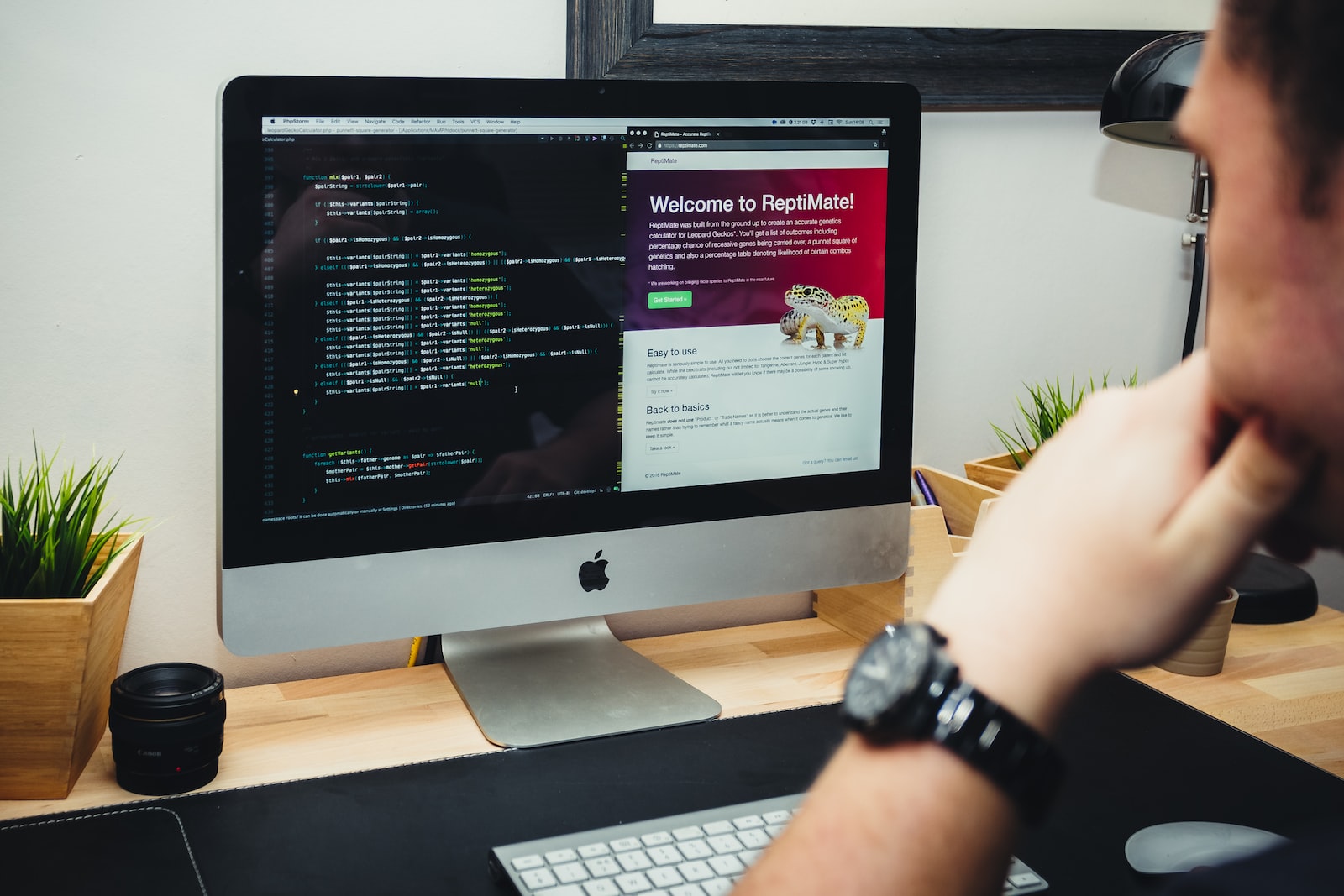When it comes to website performance, web design can have a significant impact. The design of a website can affect everything from page load times to overall user experience. In this article, we’ll take a closer look at how web design affects website performance and what you can do to ensure your site is performing at its best.
Page Load Times
One of the most important aspects of website performance is page load times. The faster your pages load, the better your users will be able to interact with your site. There are a number of factors that can affect page load times, but one of the most important is the design of your website.
The way your website is designed can have a big impact on how quickly it loads. If your pages are loaded with large images or other heavy elements, they will take longer to load. On the other hand, if your pages are well-designed and streamlined, they will load much faster.
In addition to page design, there are a number of other factors that can affect page load times. Your server’s speed and capacity, the size of your pages, and the number of concurrent users can all have an impact on how quickly your pages load.
User Experience
Another important aspect of website performance is user experience. The better your site functions and the more user-friendly it is, the more likely your users are to stick around and use it. Good web design can go a long way towards improving user experience.
A well-designed website will be easy to navigate and use. All of the information on your site should be easy to find and access. Your pages should load quickly and smoothly, without any delays or errors. And, most importantly, your site should be designed in a way that makes sense for your users.
If your site is difficult to use or navigate, your users are likely to get frustrated and leave. On the other hand, if your site is easy to use and provides a good user experience, your users are more likely to stick around and use it regularly.
Search Engine Optimization
Another important aspect of website performance is search engine optimization, or SEO. The better your site is optimized for search engines, the higher it will rank in search results. This can have a big impact on the amount of traffic your site receives.
Good web design can help you achieve good SEO. A well-designed website will be easy for search engines to index and will be full of relevant, keyword-rich content. In addition, a well-designed website will be mobile-friendly, which is increasingly important as more and more users search the web from their smartphones and tablets.
Bad web design can hurt your SEO. If your site is poorly designed, it will be difficult for search engines to index it properly. In addition, if your site is not mobile-friendly, you’ll miss out on a large portion of the mobile search market.
Overall, web design can have a big impact on website performance. Good web design can improve page load times, user experience, and SEO. On the other hand, bad web design can hurt all of these things. When it comes to website performance, it’s important to make sure your site is designed well.

